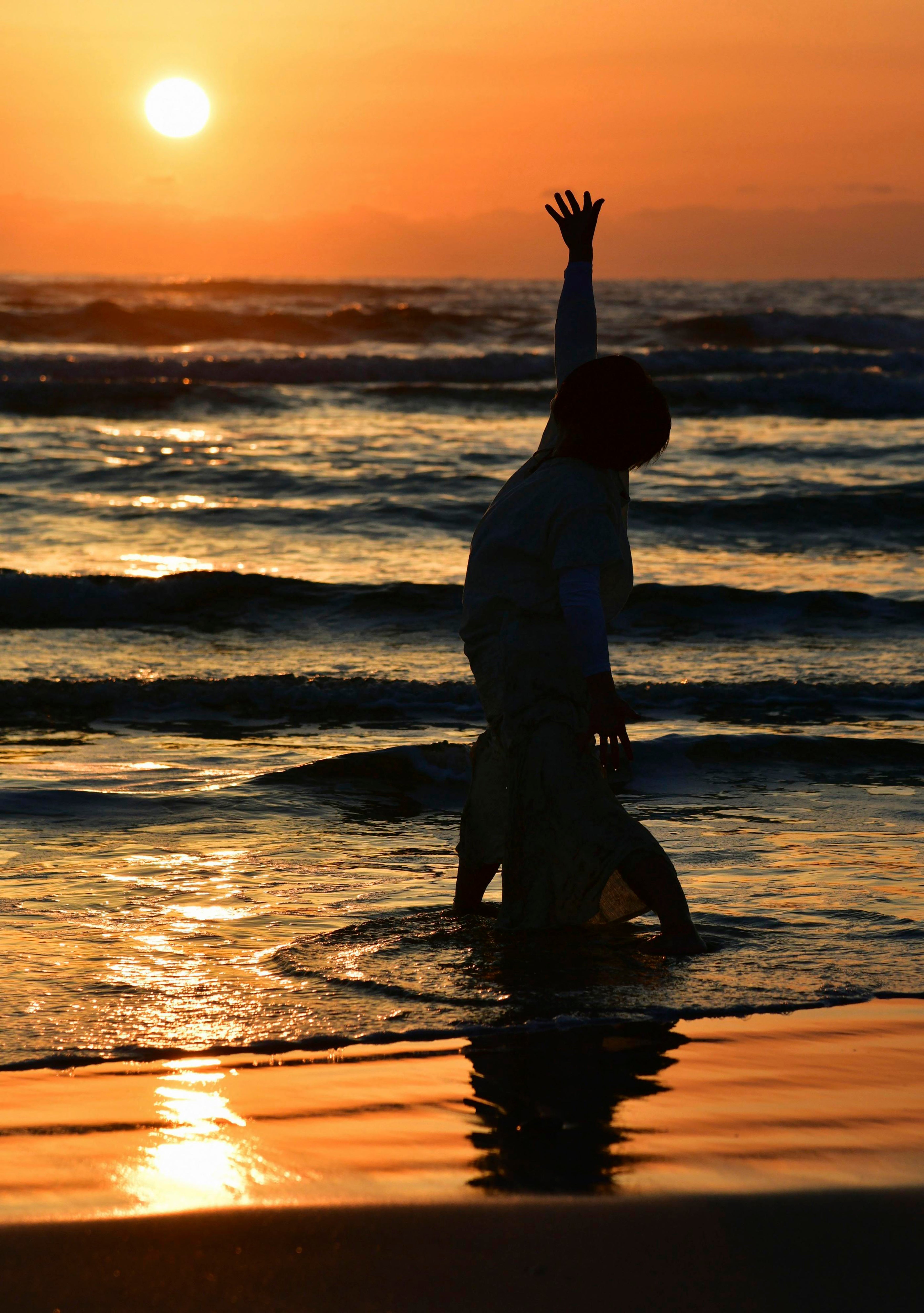Japan marks 10th disaster anniversary but still recovering
Japan is marking the 10th anniversary of the earthquake, tsunami and nuclear disaster with many survivors’ lives are still on hold

Your support helps us to tell the story
This election is still a dead heat, according to most polls. In a fight with such wafer-thin margins, we need reporters on the ground talking to the people Trump and Harris are courting. Your support allows us to keep sending journalists to the story.
The Independent is trusted by 27 million Americans from across the entire political spectrum every month. Unlike many other quality news outlets, we choose not to lock you out of our reporting and analysis with paywalls. But quality journalism must still be paid for.
Help us keep bring these critical stories to light. Your support makes all the difference.
Japan is marking the 10th anniversary Thursday of the earthquake, tsunami and nuclear disaster that hit the northeastern region, where many survivors' lives are still on hold.
People some carrying bouquets, walked to the coast to pray for relatives and friends washed away by the tsunami. Emperor Naruhito and Prime Minister Yoshihide Suga are scheduled to observe a moment of silence at a memorial service later Thursday.
The magnitude 9.0 quake that struck on March 11, 2011, was one of the biggest temblors on record and set off a massive tsunami that swept far inland, destroying towns and causing meltdowns at the Fukushima Daiichi nuclear plant. More than 18,000 people died in the triple disaster and nearly half a million people were displaced.
Ten years later, more than 40,000 people are still unable to return home, most of them from Fukushima, where areas near the wrecked plant are still off-limits due to radioactive contamination.
Roads, train lines, and other key infrastructure and housing have mostly been completed at the cost of more than 30 trillion yen ($280 billion), but land remains empty in coastal towns further north in Miyagi and Iwate prefectures, where existing population losses were accelerated by the disaster.
Fukushima has fallen behind in the recovery efforts because of the radiation impact, with 2.4% of the prefectural land still no-go zones near the Fukushima Daiichi plant. The decommissioning of its melted reactors is an unprecedented challenge, with some questioning after 10 years of work whether it can be done at all.
Thursday’s ceremony will be the last national commemoration for the 2011 disaster organized by the government. It comes just two weeks before the Olympic torch run begins from Fukushima ahead of the delayed Tokyo Summer Games in July.
Suga has said the Olympics will showcase Japan's recovery from the disaster and will be proof of human victory against the coronavirus pandemic, but some disaster survivors say their recovery is still only half done.
___
Follow Mari Yamaguchi at https://www.twitter.com/mariyamaguchi
Subscribe to Independent Premium to bookmark this article
Want to bookmark your favourite articles and stories to read or reference later? Start your Independent Premium subscription today.